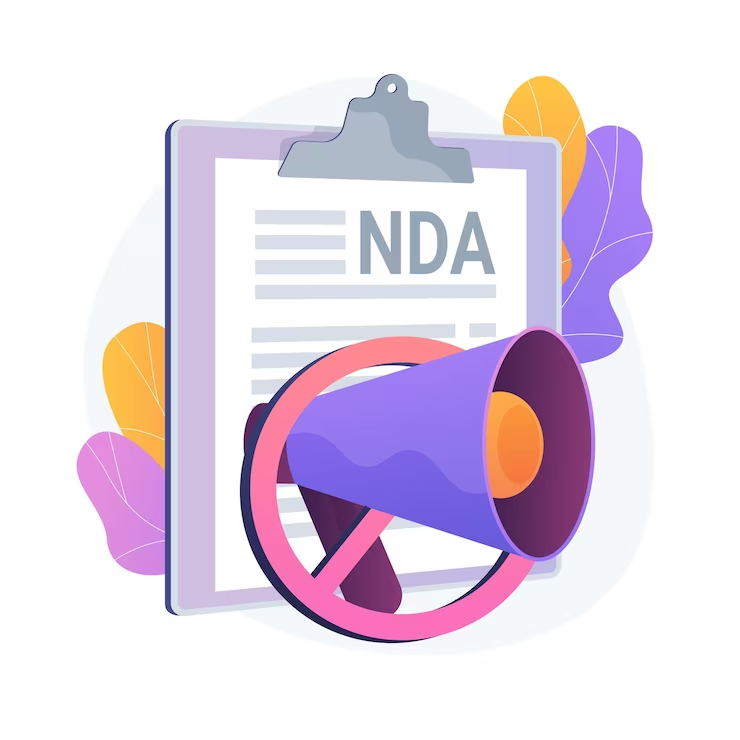The National Labor Relations Board (NLRB) recently issued a decision in McLaren Macomb, 372 NLRB No. 58 (2023). The decision invalidates non-disclosure agreements (NDAs) and non-disparagement clauses in severance or separation agreements. It also reverses the NLRB’s prior decisions in Baylor University Medical Center and IGT d/b/a International Game Technology, returning to long-standing NLRB precedent. NLRB Members Wilcox and Prouty joined Chairman McFerran in issuing the decision. Member Kaplan dissented.
NLRA Protects Employees’ Rights to Engage in Protected Activities
The National Labor Relations Act (NLRA) protects employees’ right to engage in so-called protected concerted activities. Section 7 of the NLRA guarantees employees “the right to self-organization, to form, join, or assist labor organizations, to bargain collectively through representatives of their own choosing….” Section 7 also guarantees employees’ rights “to engage in other concerted activities for the purpose of…other mutual aid or protection.”
NLRB Determines NDAs and Non-Disparagement Clauses Violate NLRA
The McLaren Macomb case involved a hospital in Michigan that presented 11 furloughed employees with severance agreements. The agreements prohibited the employees from making statements that could disparage the employer. They also prevented the employees from disclosing the terms of their agreements. The NLRB held that the agreements violated Section 8(a)(1) of the NLRA, because they attempted to deter employees from exercising their statutory rights under Section 7.
The Decision is Retroactive and Applies to Most Private Employers
In March 2023, the NLRB General Counsel issued a Memo clarifying that the decision applies retroactively to all private employers subject to the NLRA. The Memo further directs that unlawful non-disclosure, non-disparagement, or confidentiality clauses are to be “voided out” of existing severance agreements. The Memo also states a supervisor could not be retaliated against for refusing to impose an overly broad severance agreement on a company’s employees.
Lawful severance agreements may continue to be proffered, maintained, and enforced if they do not have overly broad provisions that affect the rights of employees to engage with one another to improve their lots as employees.
-NLRB Office of the General Counsel Memo
NLRB Decision Allows Employees to Speak Out on Fraud
We have explained before, employers may try to use separation or severance agreements to prevent employees from reporting company practices which violate the False Claims Act. The recent NLRB decision is a powerful reminder that employees have a right to push back against employers who pressure, coerce, or even reward them to commit fraud. Simply put, employers cannot use severance payments to buy silence from their former employees.
If you believe you have information concerning fraud against the government by your current or former employer, we urge you to contact the Whistleblower Law Collaborative for a free, confidential, consultation.

